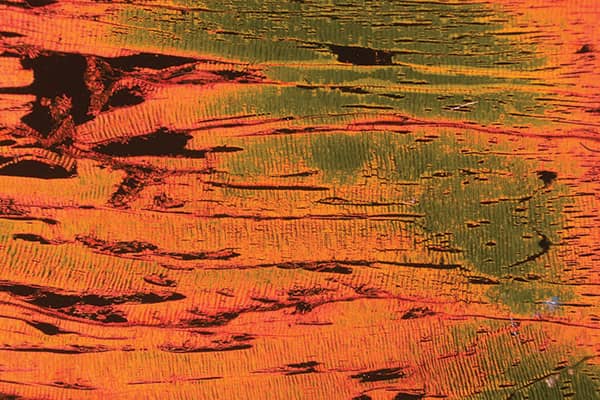It's easy to start your application.
Research Areas
Biomechanics & Mechanobiology

Biomechanics is the study of the mechanical behavior and properties of biological systems. Mechanobiology is the study of the effect of the mechanical environment on biological systems. Biological systems include whole organisms, tissues, groups of cells and their matrix, individual cells, subcellular structures, proteins, and molecules.
Mechanical force is a critical component of all biological systems, providing cues to sculpt the shape and form of plants and animals, to enable cells to migrate or differentiate in response to physical changes in their environment, and to modulate the function of single molecules. New instruments and technologies, including advanced imaging methods, have enabled measurement of force and the resulting changes in form, function, composition, and biochemical and genetic signaling across length and time scales, from a tissue inside the body to an isolated molecule. Researchers in MEMS are developing and using these tools and techniques to understand and modify biological systems in biology and medicine.
Research Spotlight
MEMS Shared Instrument Group
MEMS has shared materials testing equipment available for use in Jubel Hall. If you are interested in using this equipment contact Barbara Semar.
